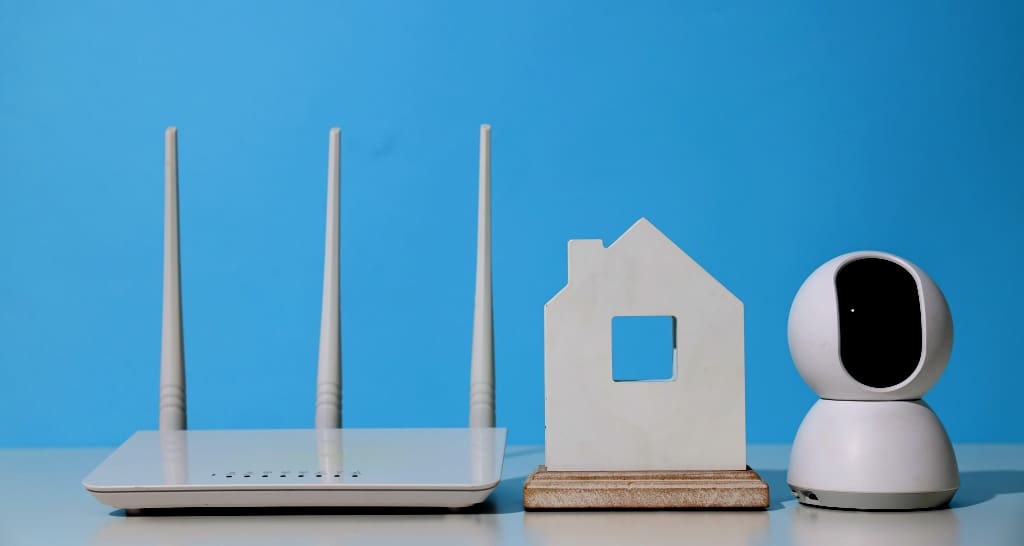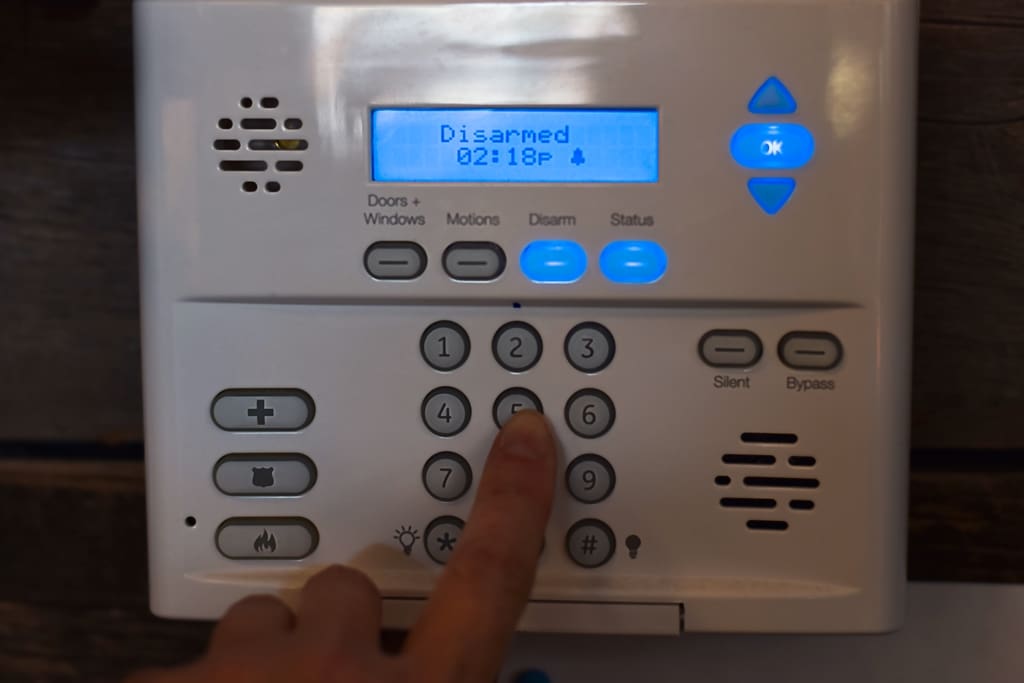Are you considering bolstering your home’s security but unsure whether to go the do-it-yourself (DIY) route or enlist the help of professionals? It’s a common dilemma many homeowners face. Let’s delve into the key differences between DIY and professional home security systems to help you make the best choice for your needs.
DIY Home Security Systems:

DIY home security systems have gained popularity in recent years due to their affordability and ease of installation. With a plethora of options available in the market, you can find DIY security kits that include cameras, sensors, and alarms, all of which can be easily installed without professional assistance. Many components are water-resistant and battery or solar powered, allowing them to be installed virtually anywhere. Cameras are typically monitored via cellphone apps, allowing you to monitor your home from anywhere.
One of the primary advantages of DIY systems is cost savings. Since you’re not paying for professional installation, you can often acquire a DIY security system at a fraction of the cost of a professionally installed one. Additionally, DIY systems are typically customizable, allowing you to choose the components that best suit your home’s layout and security needs.
Most DIY home security systems function over your home’s WIFI internet, allowing the installation of components anywhere they still receive a signal. This allows for the addition of security to areas that often cannot be included in professional systems, such as sheds and garages. Since most systems have individual components, if a camera or sensor becomes inoperable, they can easily be replaced without interruption to the overall system.
However, DIY systems also have their limitations. While installation may be straightforward for some, others may find it challenging, leading to potential gaps in security. If you do not have hard-wired or solar-powered components, some components will need to be charged manually, which could be challenging due to their installation placement. Furthermore, DIY systems may lack advanced features such as 24/7 monitoring and integration with other smart home devices. Another concern is the security of the cellphone applications used to monitor the system.
Professional Home Security Systems:

Professional home security systems offer a comprehensive approach to safeguarding your home. These systems are installed and monitored by trained professionals, providing round-the-clock protection and peace of mind.
One of the main advantages of professional systems is their reliability. With professional installation, you can ensure that all components are set up correctly and functioning optimally. Moreover, professional monitoring services can immediately alert authorities in the event of a security breach, enhancing the overall effectiveness of the system.
However, professional security systems come at a higher cost compared to their DIY counterparts. In addition to the upfront installation fees, you’ll also be required to pay monthly monitoring fees. Also, many systems require a telephone landline for monitoring, adding additional monthly expense. False alarms can be common with some systems, which can also rack up fees as many local communities charge for police response that turn out to be false alarms.
Furthermore, customization options may be limited, as professional systems are typically standardized to fit a broad range of homes. Adding additional components such as additional cameras can become costly very quickly. Some homeowners find professional systems overly complicated and difficult to use.
Making the Right Choice:

When deciding between DIY and professional home security systems, it’s essential to consider your budget, technical proficiency, and desired level of protection. If you’re handy with technology, need coverage for areas outside of your home, and looking to save money, a DIY system might be the way to go. On the other hand, if you prioritize reliability and want the assurance of professional monitoring, investing in a professional system could be worth the extra cost.
Ultimately, the choice between DIY and professional home security systems depends on your individual preferences and requirements. By weighing the pros and cons of each option, you can make an informed decision to keep your home safe and secure.
#HomeSecurity, #DIYvsProfessional, #SecuritySystems
